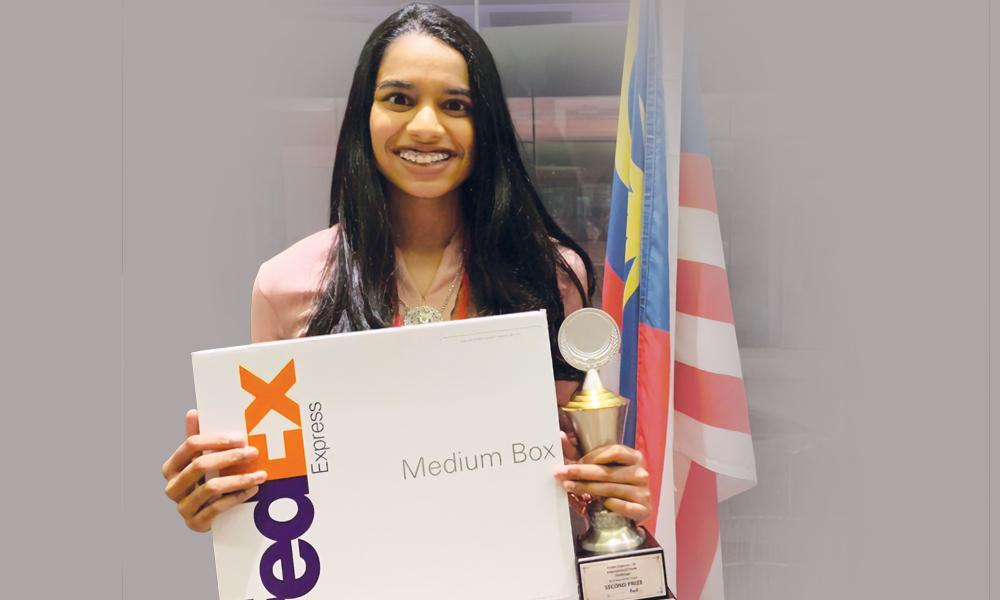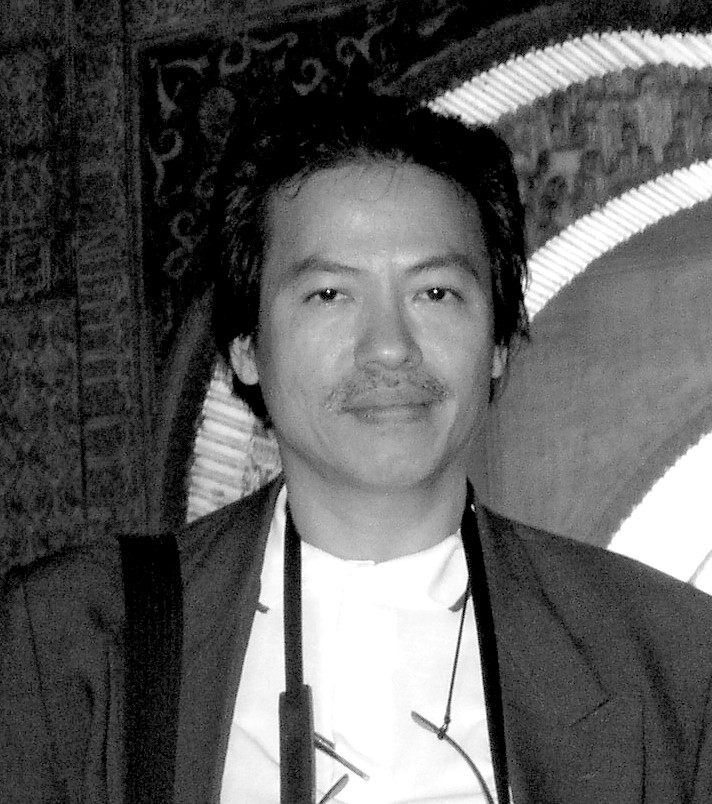- Home
- October 2019
- Letting A Teen Think Like An Entrepreneur

Previous Post
Bringing Excess Food Back from the Brink
4 min read
Calvin Chan Yi Xuan was barely 20 years old when he won the Penang Green Idol, an annual competition organised by the Penang Green Council to reward and encoura...
Next Post
Embracing Life Despite Cancer
5 min read
At 17, Alicia Ong was excitedly on the precipice of adulthood when she was diagnosed with acute lymphoblastic leukaemia (ALL), or in her words “the good s...
You might also like
Art Expo Malaysia Marches On While Others Stumble
4 min read
It’s a feat that the International Art Expo Malaysia (AEM) is now in its 13th year, though it is increasingly tough to keep up with the fast-changing game...
Getting the Most Out of Heritage Restoration
4 min read
In heritage management, focusing on the tangible elements is generally the first step. This is due to their comparative visibility, to well-developed restoratio...
Writing the Cycles of Womanhood
2 min read
Provocative with a generous dash of genius, Hiromi Ito gained prominence in the Japanese literary scene in the 1980s. Among her English readers, Ito is best kno...




